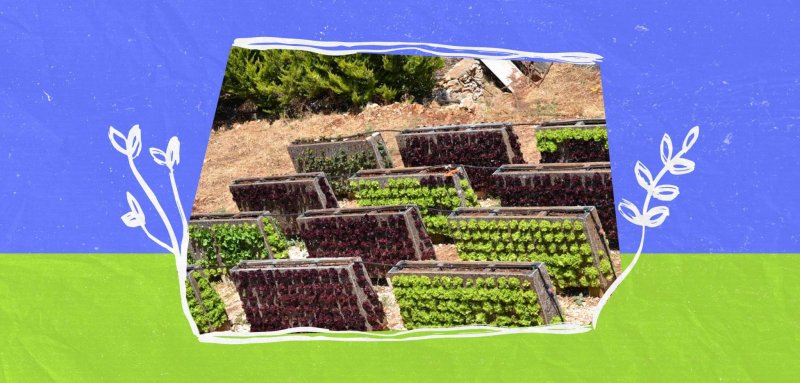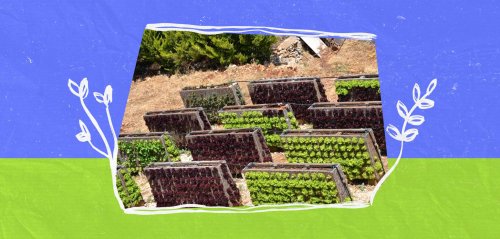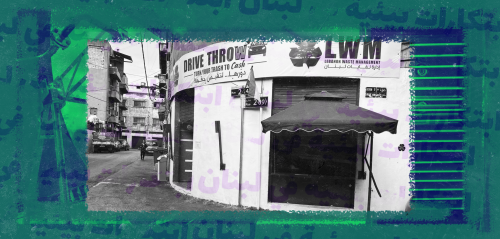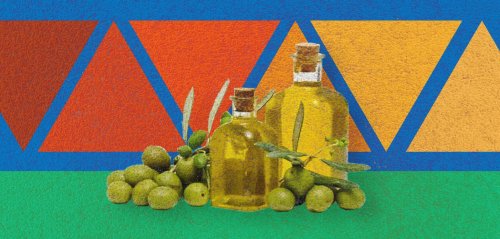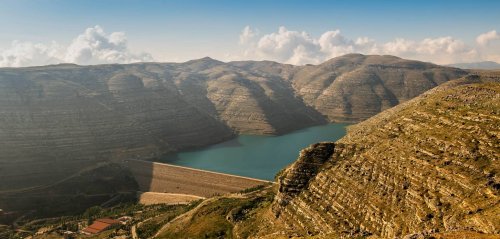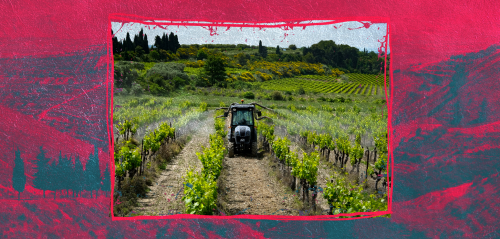Every time Lebanon experiences a crisis related to the high prices of crops – the latest being a staggering rise in the prices of onions – voices that speak of the need to return to agriculture and ensure self-sufficiency, return to the fore once again. But how can city and village residents practice farming in the face of declining agricultural areas?
According to the Ministry of Agriculture, the percentage of agricultural land in Lebanon is about 65% of its total area, but only 22% of this area is utilized and cultivated. The problem lies in agricultural ownership, as 1% of the landowners own a quarter of the agricultural land, and in recent years they have resorted to abandoning or selling their land to investors due to the difficulties of working on it, leading to a decrease in cultivated areas.
But how do the residents of cities and villages practice farming in the face of declining agricultural areas?
In the face of this dilemma, one Lebanese engineer, Ziad Abi Chaker, found the solution in vertical farming, a technique that allows for the cultivation of the largest possible amount of crops in a small area, allowing for the optimal use of space and providing individuals with the opportunity to plant and strive towards self-sufficiency, as well as economic profit and benefit.
Vertical farming versus traditional farming
Since 2017, Abi Chaker has worked on developing his invention, in which plastic bags are transformed into plastic panels. Then containers are created out of these panels that are placed on the roof of buildings or within narrow agricultural lands. Inside these containers, vegetables are planted in an organized manner, producing abundant crops.
Vertical farming — Cost-effective, easy to implement, and doable in desolate farmland or crowded cities. The sustainable farming practice gains popularity in Lebanon as farmers look for ways to cultivate opportunities – and crops – amid unstable food prices
Abi Chaker explains to Raseef22 the technique of converting plastic bags into large plastic panels that resemble wooden panels, for which he has obtained a patent. These panels are water-resistant, can withstand all natural factors, and can be used for various purposes. He adds, "Since food security is one of my concerns, and I am working on converting waste into fertilizer to benefit from it in agriculture, I began to think about farming in cities and narrow spaces. This is where the idea of using these panels for farming came in, so we created plastic containers and placed them on the roofs of buildings in several areas, and we began to harvest crops in large quantities."
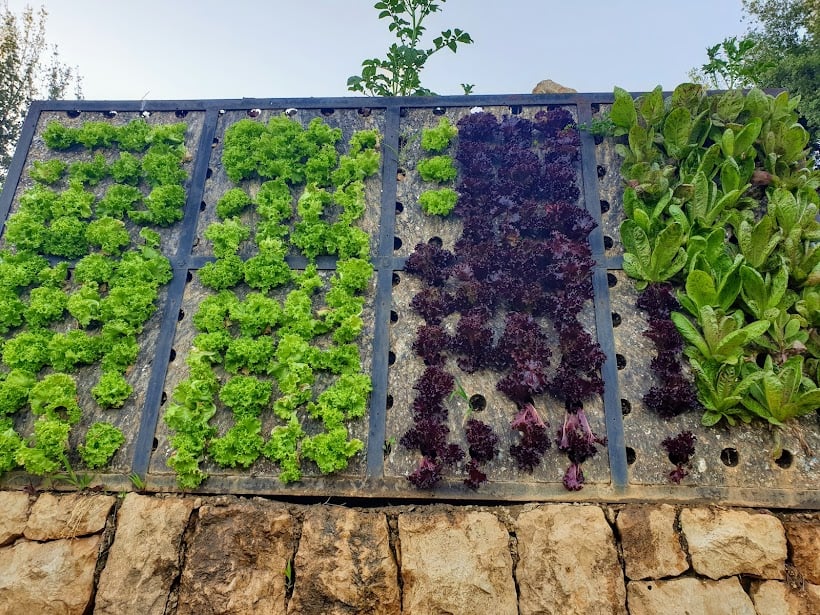
Plastic containers are placed in areas to be dedicated for farming and agriculture. Abi Chaker, speaking about the mechanism of agriculture, adds, "These containers are filled with organic fertilizer that we collect from the decomposition of organic waste in treatment centers. Then we plant seedlings within the openings in the container, and we irrigate the seedlings using drip irrigation. Within 45 days, we produce 180 heads of lettuce, or any other type of vegetables or fruits, in each container."
"Vertical farming is easy and doesn't require much physical effort. I plant in several containers in a small area near my home, not for self-sufficiency, but for trade. It's an opportunity with good economic returns that'll support me during the economic crisis"
A simple comparison can help us realize the importance of vertical farming and how it allows us to maximize the use of narrow spaces or rooftops. In traditional farming, for example, we can plant 20 lettuce seedlings in one square meter, while in vertical farming, we can plant 187 seedlings in a single container, which doesn't take up more than one square meter. It is worth mentioning that the price of each container is $300.
Additionally, this farming method consumes less water since the container retains water for the longest possible period, preventing the evaporation of water, unlike traditional soil farming, which absorbs water and makes it evaporate quickly. Moreover, no chemical pesticides are used in vertical farming. Farmers use traditional natural pesticides like water, soap, and pepper to keep insects away from crops. The aim of this farming is to be 100% natural and healthy.
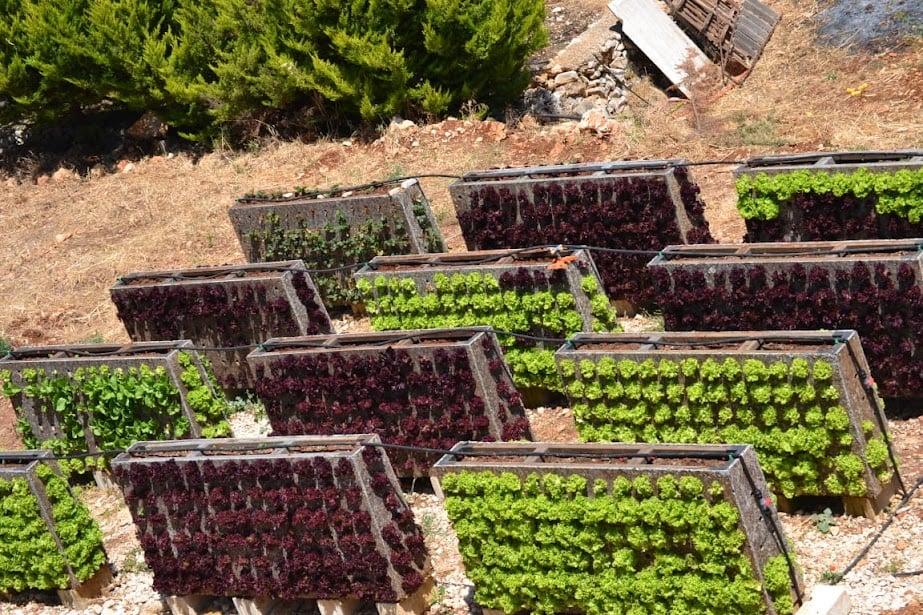
Growing green fodder for animals
Abi Chaker and everyone who has tried vertical or rooftop farming, grow many types of crops such as lettuce, strawberry, thyme, cauliflower, broccoli, basil, and cabbage. The engineer points out that lately there's been a growing inclination to plant different types of green animal feed and fodder, as Lebanon suffers from a sharp rise in the prices of meat and dairy products, since meat and animal feed are imported from abroad in US dollars. This has led many farmers to be unable to continue their production, forcing them to sell their poultry and livestock.
Abi Chaker believes that the argument of the lack of grazing land for animals can be overcome by growing fodder through vertical farming. He adds, "When we grow animal feed, we'll enter the stage of producing meat in Lebanon instead of importing it at exorbitant prices, and as a result, the price of meat locally decreases because we have saved the citizen the cost of importing it."
So far, Abi Chakir has implemented several agricultural projects and is working on new projects in Koura, Burj el-Barajneh, Ajaltoun, and Batroun, which are commercial projects meant for producing vegetables on the rooftops of buildings, and achieving substantial financial returns for farmers. Some farmers also grow crops for daily consumption, like a project being implemented by one citizen in Hazmieh.
Through vertical farming, we address more than one environmental and health problem and contribute to achieving food security
Easy and accessible
Jessica Hakim, a resident of Batroun in northern Lebanon, began vertical farming four years ago when she obtained containers from engineer Abi Chakir along with organic fertilizer, placed them in a small area on her land, and began to produce abundant crops of various types.
Jessica confirms to Raseef22 that her goal in adopting vertical farming is to convey the idea that agriculture has become easier and more advanced, and to encourage young people to return to the idea of investing in lands within villages in modern ways, even if space isn't available.
She says, "Vertical farming is easy and charming, and doesn't require much physical effort. I grow plants in a small area near my home, after I put several containers in it, and not on the roof of the house. This small project is not so I can achieve self-sufficiency but rather for trade. I created a job opportunity for myself with good economic returns that can support me during the economic crisis that Lebanon is going through."
She points out the positive reaction from the people in her town towards her project, especially since the containers are made from recycled materials and her town had already shifted to sorting at the source and recycling waste, and therefore the project serves the environment, nature, and man at the same time.
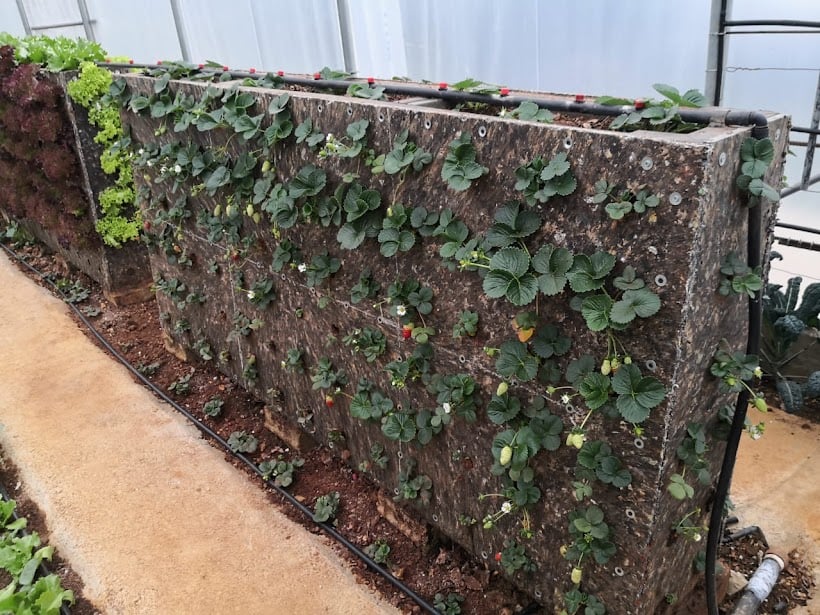
The only problem, according to Jessica, is that this method does not allow for the cultivation of all types of crops and vegetables. It is limited to only a few types, but she hopes that the technology will develop to produce more varieties in the future.
She concludes, "You don't need to be a farmer who has worked in agriculture his whole life, but you need to be interested in the idea of vertical farming. I am a business administration student who turned into a farmer, and I did not face any problems in doing so."
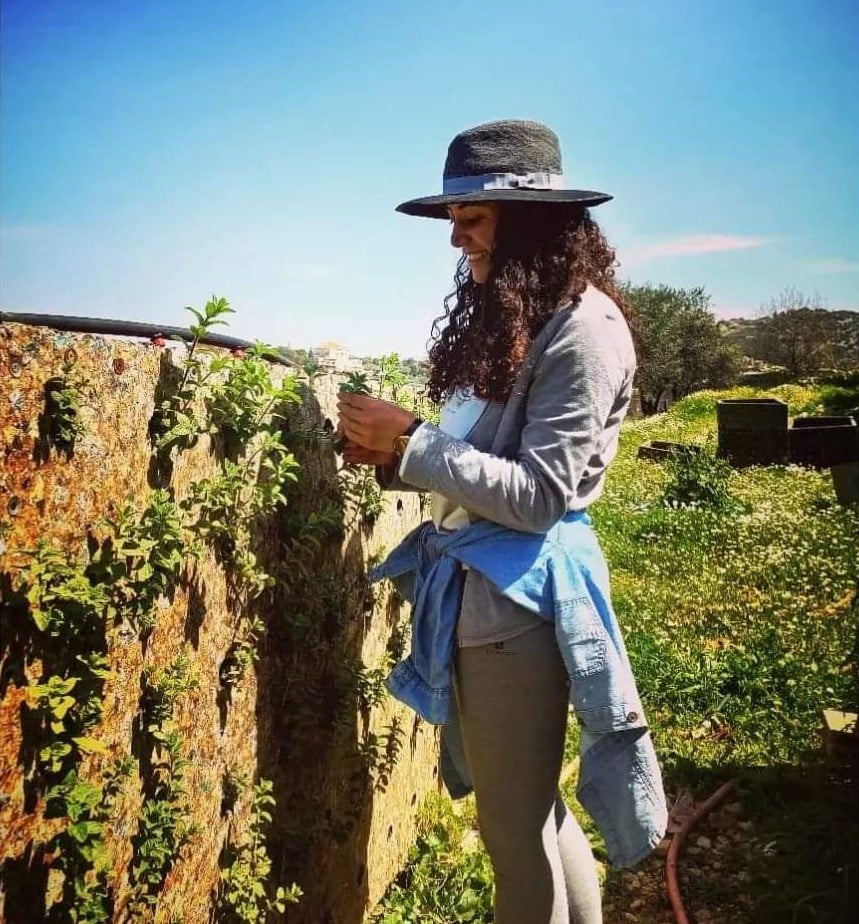
Environment, health, and food security
This is how we address more than one environmental problem today: first, by recycling waste and preserving the environment by converting plastic bags into plastic panels; second, by increasing agricultural yields; third, by producing agricultural fertilizer from organic waste; and most importantly, by investing the rooftops of city buildings for urban agriculture and production.
In traditional farming, for example, we can plant 20 lettuce seedlings in one square meter, while in vertical farming, we can plant 187 seedlings in a single container, which doesn't take up more than one square meter
Abi Chaker notes that anyone can obtain these containers if they have the desire to become a farmer, and each container accommodates 180 seedlings. He states that it is a great commercial project, stressing that his team provides these containers with organic fertilizer, provides farmers with advice and expertise, and guides them to the best place to buy seedlings, all at encouraging prices. The goal of the project is the environment, health, and food security.
Through a simple calculation, we can clearly see the profits that a regular person can make in vertical farming. If we want to grow lettuce in an area of four square meters, we can put four agricultural containers, and since each container can hold 180 lettuce heads, the four containers will yield 720 lettuce heads. The average price per lettuce head today is 50,000 Lebanese pounds, or 36 million Lebanese pounds every month and a half (and is subject to increase with the plummeting currency). This cycle can be repeated every 45 days, which is a good amount of money in light of the suffocating crisis that the Lebanese citizen is living through, and the costs can be recovered in the first cycle, and then the profit will become net profit in the second and subsequent cycles.
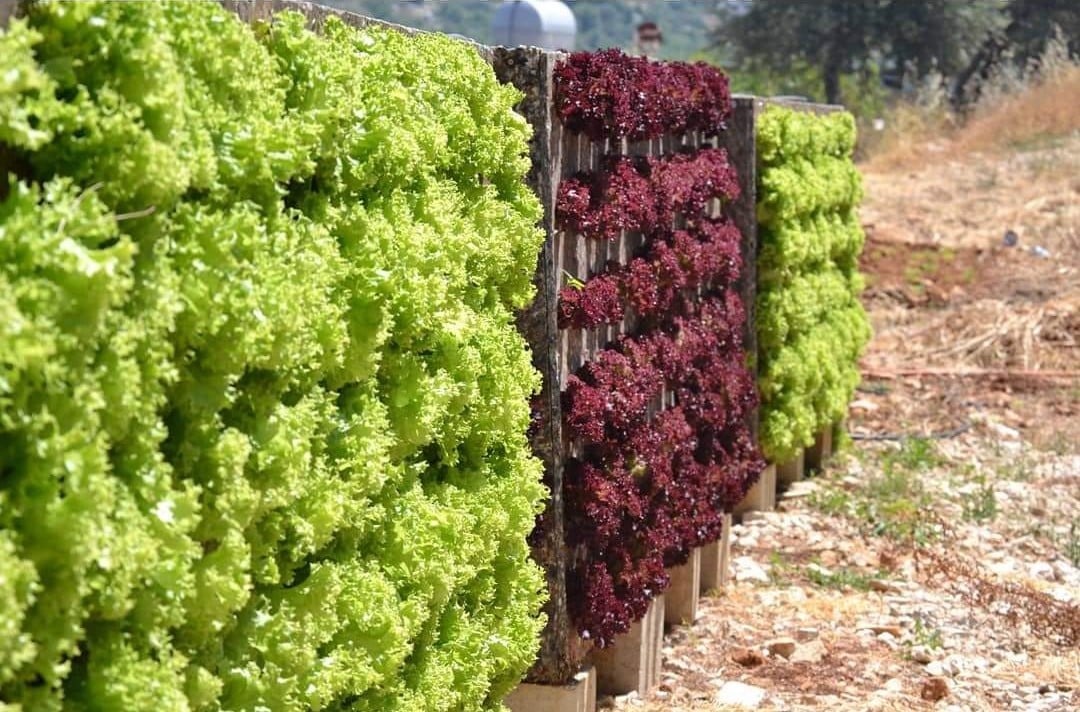
Raseef22 is a not for profit entity. Our focus is on quality journalism. Every contribution to the NasRaseef membership goes directly towards journalism production. We stand independent, not accepting corporate sponsorships, sponsored content or political funding.
Support our mission to keep Raseef22 available to all readers by clicking here!
Interested in writing with us? Check our pitch process here!
